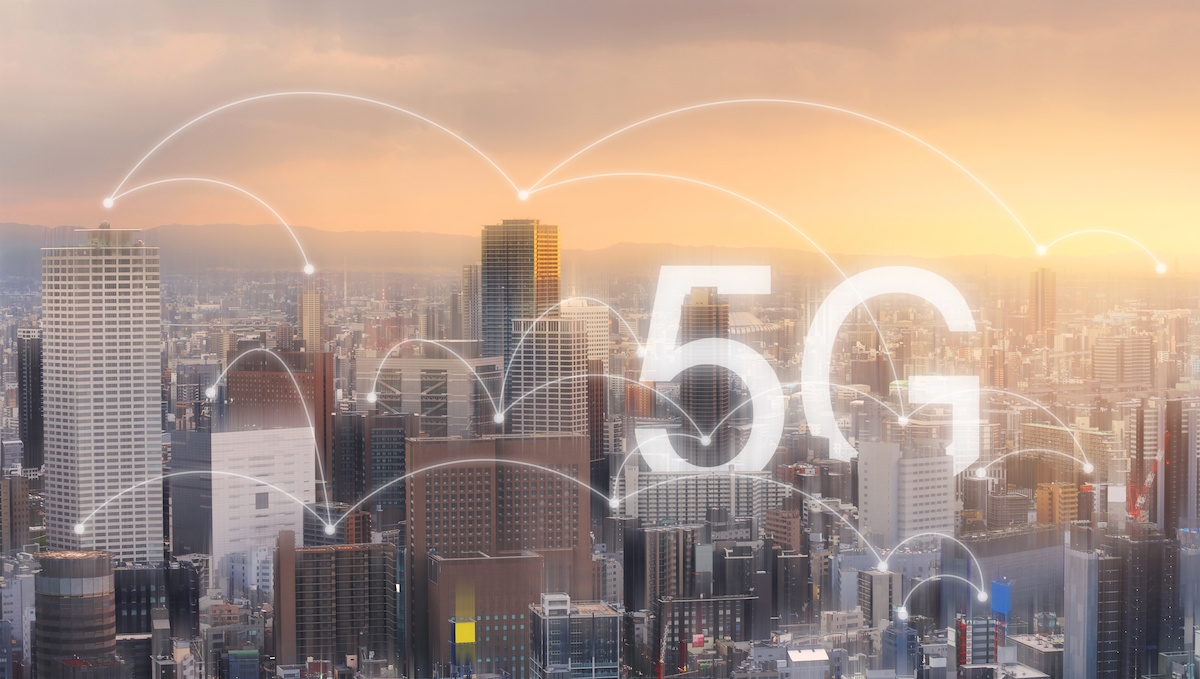On August 24th, MTN announced that it had begun its pilot test of 5G in Nigeria, cementing its status as the true telco leader in the country and generating significant buzz among tech enthusiasts. A week into the official announcement, the telco giant already has over 190 active 5G sites across the federation and is set to go public with its 5G offer later this year.
After catching up with MTN at its head office in Falomo, Lagos, TechCabal is here to answer some of your many questions about MTN’s 5G offer in the country. What does 5G mean for an average Nigerian? Is it an anchor for economic development? Or, as many have suggested, the beginning of the end of the world? Let’s dive.
Where can people access 5G in Nigeria?
5G can be found in any accredited site across the 7 states it has launched in. These states are Lagos, Abuja, Port Harcourt, Ibadan, Kano, Owerri, and Maiduguri. More sites are also being worked on within these states.
Will 5G consume excess data?
5G will invariably require more data for the seamless experience it provides, but it won’t be anything overboard from the experience of existing 4G subscribers. For example, when watching a Youtube video on a 4G network, 4k is the maximum resolution that can be obtained. With 5G, the resolution doesn’t increase beyond 4k, and the data expense will also stay the same. However, doing a speed test with a 5G network will cost more data, as 5G networks can transfer more data in the speed test process.
How can people access 5G in Nigeria?
There are two major ways to connect to 5G if you’re in Nigeria: By using an MTN 5G router, or by using an MTN 4G sim (they are also 5G enabled) on a phone that is both 5G-compatible and 5G-enabled.
5G-compatible phones are built with the 5G network technology, enabling them to access 5G networks where available. Amongst others, recent Samsung, iPhone, Redmi, Xiaomi, Nokia, and Huwaei models are 5G compatible.
5G enablement, on the other hand, is the backend integration of the phone models into MTN’s 5G network, enabling these phones to access MTN’s 5G services within the accredited sites nationwide. MTN is presently working on integrating iPhone and Samsung phones into its network, which means that users of these devices are not yet able to access the 5G network via their sim cards directly.
The MTN 5G router is the second option and is a non-restrictive way for everyone to access 5G in Nigeria. Users can buy the device from MTN’s website, and if they’re within a 5G site, they can use any device to connect to the 5G network through WiFi.
However, some pilot testers of this 5G router noted varying experiences. While one 5G-compatible phone user experienced an internet speed of 1,400 Mbps, another user with an older phone model recorded a reduced speed of 40Mbps. Members of MTN’s technical team told TechCabal that a phone’s specification also contributes to their experience of the 5G network.
Beyond mobile devices, what’s the use of 5G?
The applications of 5G in Nigeria go way beyond mobile. An MTN official told TechCabal that the company is planning a formal launch event soon where the wonders of 5G will be seen. According to him, the private event will feature holographic remote performances and other out-of-the-ordinary demonstrations that will leverage MTN’s 5G network.
“5G is technology at an advanced level. It is not the AntiChrist or the end of the world. As a matter of fact, research on 6G is already being done in some quarters. Imagine our world when these things become commonplace,” he said.
Another MTN official further explained that MTN’s 5G network could power smart home devices, enable seamless gaming experience, contribute to advanced telesurgery and content streaming, and power economic activities across multiple sectors like agriculture. He further encouraged players in such markets to take advantage of MTN’s novel 5G network.
TechCabal is closely following MTN’s unveiling of 5G in the country. We will cover more stories as the telco fulfils its ambitions to power the future of Africa’s connectivity. Stay tuned.















